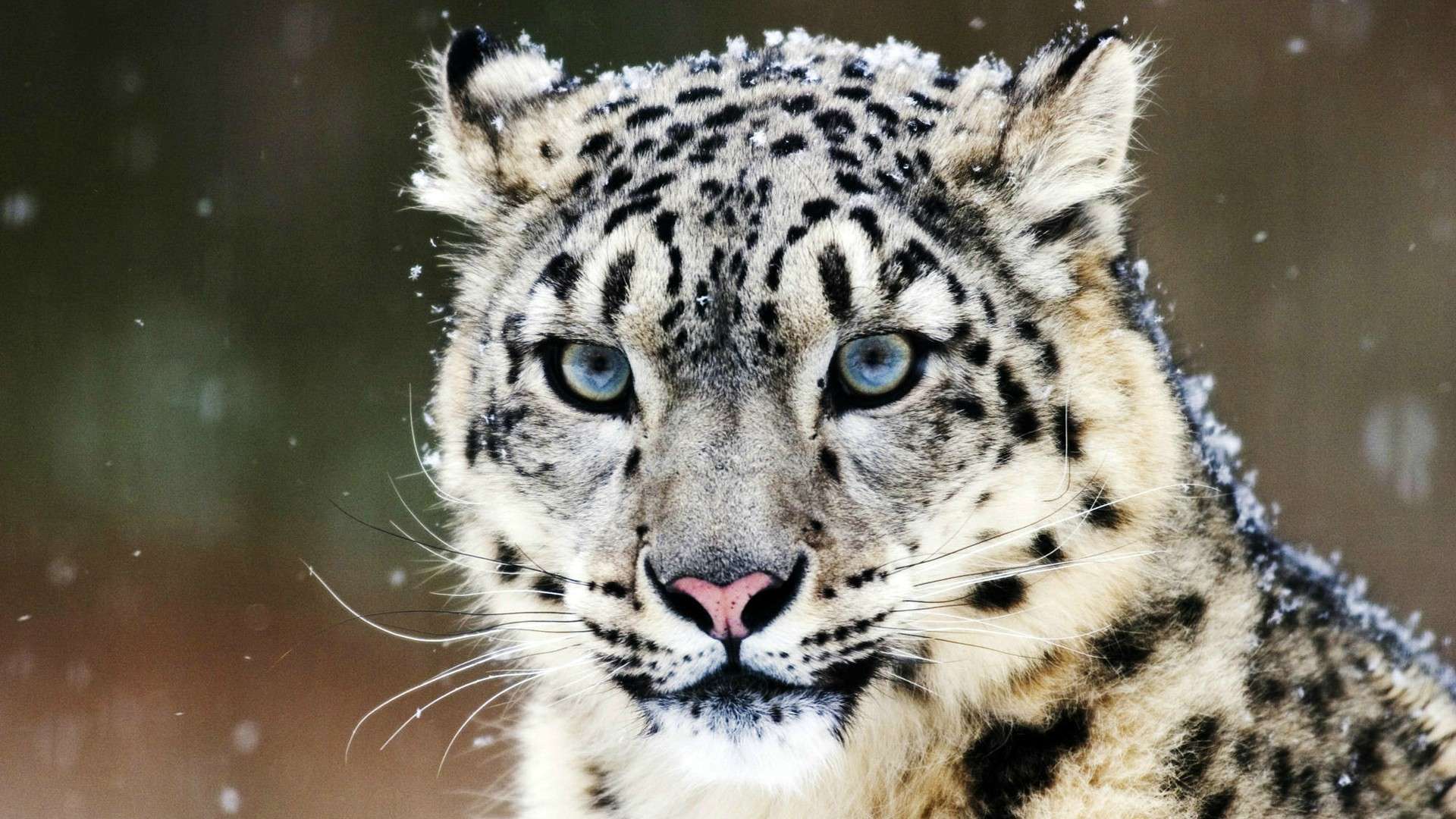Conservation of the environment is one of the four pillars of Bhutan’s Gross National Happiness philosophy.
Bhutan’s conservation achievements read like an environmentalist’s heavenly dream. More than 50% of its land area is designated as protected in national parks, nature reserves and biological corridors. More than 80% of the country is covered by natural forests, and it has a reforestation program that is further increasing this figure. And its record on carbon sequestration is greater than its national emissions by a factor of two.
Bhutan has succeeded in doing so. This country is home to the highest percentage, more than 51 percent of protected land in Asia. Most of it is intact forests interwoven with free-flowing rivers.
Bhutan’s environmental successes are running so counter-current to most other countries; they represent a “pleasing paradox”. And they demonstrate that it is possible to preserve very high biodiversity while achieving sustainable development.
For Bhutan, environmental sustainability is both the primary objective and the starting point for national development.
Within its 2008 national constitution, the government pledged to protect, conserve and improve its pristine environment and safeguard the biodiversity of the country.
Evidence of this commitment to conservation is everywhere in Bhutan. Native wildlife-including endangered royal Bengal tigers, elusive snow leopards, elegant black cranes and elephants-all roam free in the country’s 5 million acre network of protected areas. The people of this Buddhist kingdom can hold on to a fundamental birthright: living out life in a healthy environment. And one of the country’s top industries-ecotourism-is thriving and growing.

The world benefits, too. Bhutan is in a region that provides water for one-fifth of the world’s population. Bhutan also is at the heart of the Eastern Himalayas, which is one of the world’s 10-most bio diverse regions. And Bhutan’s forests help keep the world’s climate change at bay by absorbing carbon dioxide.
